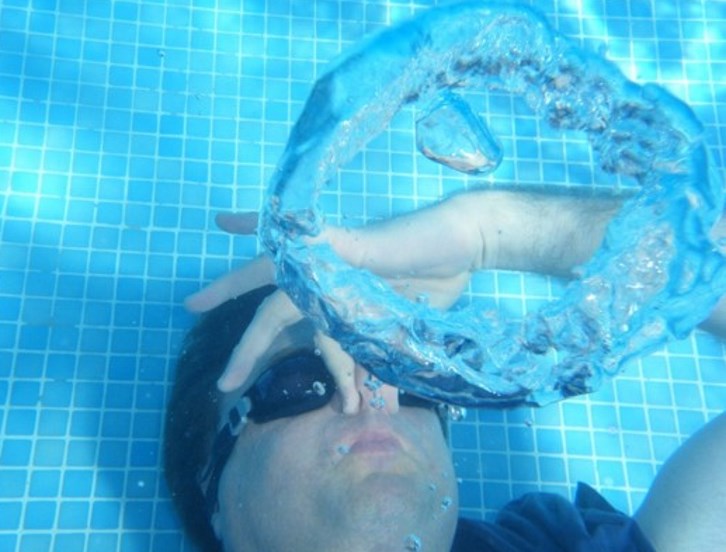Links to external sources may no longer work as intended. The content may not represent the latest thinking in this area or the Society’s current position on the topic.
The acoustic bubble: climate change, spaceships, dolphins, and the antibiotic apocalypse

Clifford Paterson Lecture 2018 given by Professor Timothy Leighton FMedSci FREng FRS
Gas bubbles submerged in liquids are powerful sources and scatterers of sound fields. These effects are used to count bubbles; for example, the sound emitted by bubbles by the breaking waves of the ocean helps track atmospheric carbon transfer between the ocean and the air. Sound can also track methane released from the seabed into the atmosphere.
In this talk, Professor Timothy Leighton discusses how these methods are implemented, and can further be used to predict sounds of liquid methane lakes on Titan, returning to Earth to explore the interaction between sound and bubbles used by whales and dolphins. Professor Leighton also looks at the potentials of bubbles and acoustics to combat infections in the fight against antibiotic resistance.
The lecture will be webcast live and the video recording will be available shortly after the event.
Attending the event
- Free to attend
- No registration required
- Doors open from 18:00, and seats are allocated on a first-come, first-served basis
- Live subtitles will be available
- British Sign Language interpretation will be available on request. Please let the Events team know if you plan to attend at least two weeks before the event.
- Travel and accessibility information
The award
The Clifford Paterson Medal and Lecture is given biennially (in odd years) to an outstanding researcher in the field of engineering.
Professor Russell Cowburn FRS was awarded the Clifford Paterson Medal and Lecture 2016 for his remarkable academic, technical and commercial achievements in nano-magnetics.
Professor Polina Bayvel FREng was awarded the Clifford Paterson Lecture 2014 for her fundamental research in high bandwidth digital communications and nonlinear optics.
For all enquiries, please contact the Events team
